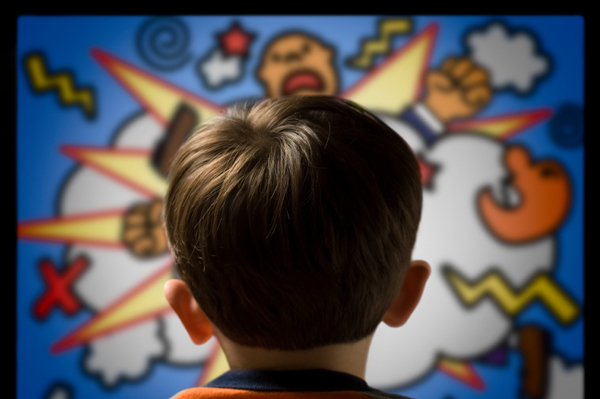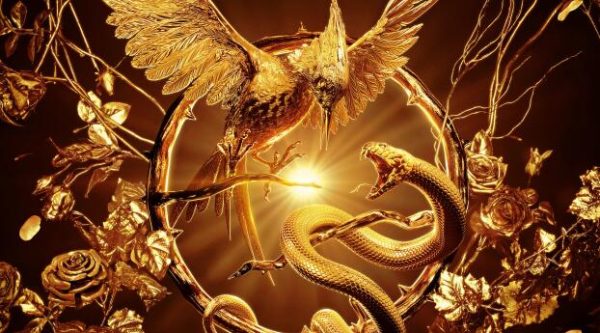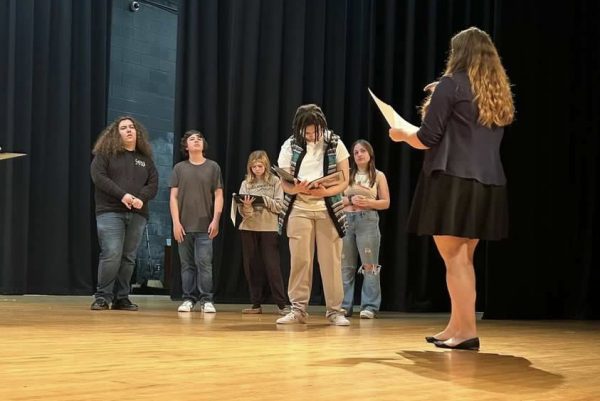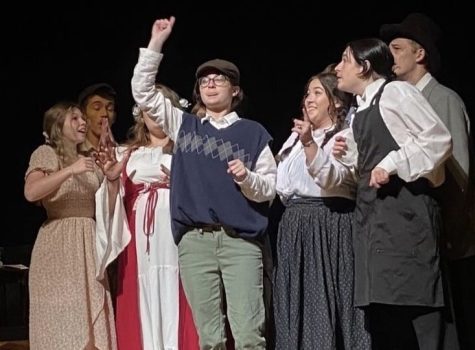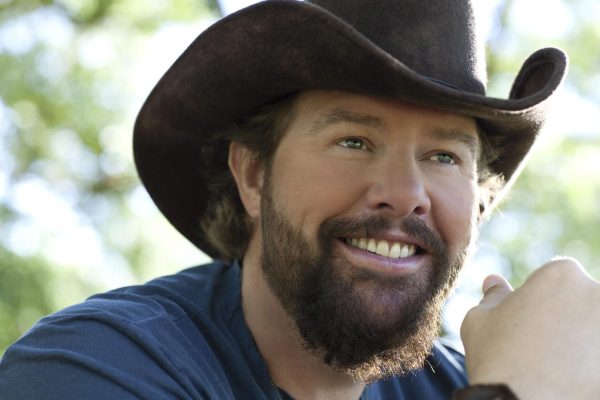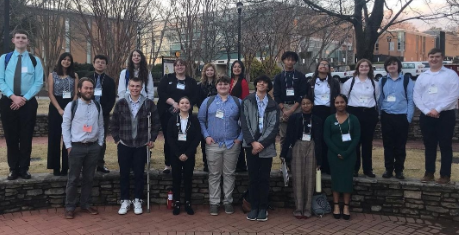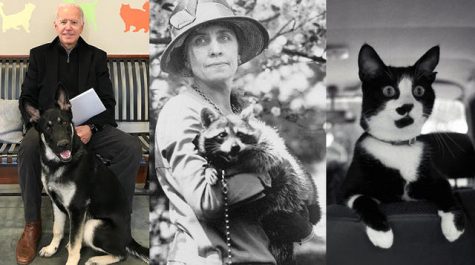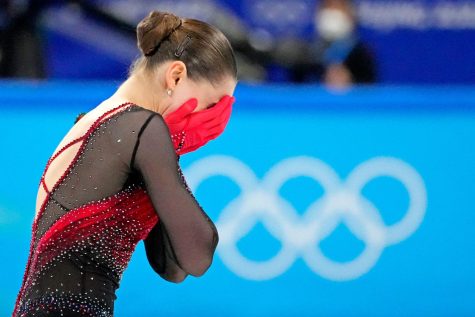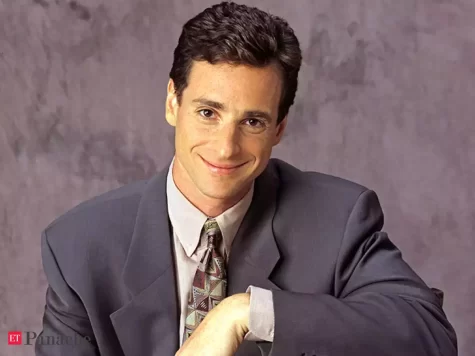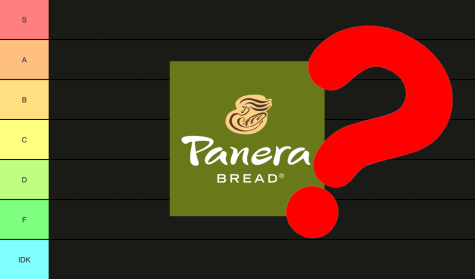Learning Life Lessons One Cartoon at a Time
Over time, many cartoons and animated shows have developed far beyond the idea that all of life’s issues can be resolved in a single episode and their characters can continue their adventures without a hitch. Hayley Glatter, a former writer and editor for The Atlantic, shares in her article, “A Cartoon Gateway to Real-World Issues,” that these “kid’s shows” have moved on with more serious topics as the focus, and it has only become more common to do so, “[providing adults] with age-appropriate examples with which to start critically important conversations” with their children.
These animated shows have confronted topics like grief, loss, love, sacrifice, and even the question of whether or not life is worth living. But don’t worry! Despite the serious nature of these subjects,
cartoons are surprisingly getting the right message across, and reminding everyone that these heavy elements are only a part of human nature.
Surprisingly, it seems that these shows are sharing a great message with all who watch them.
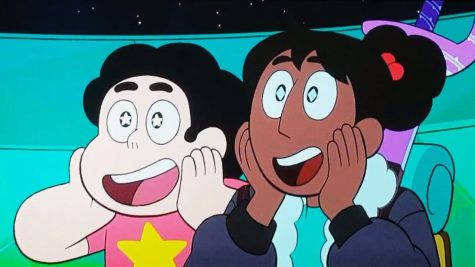
One of the best concepts in a cartoon was Steven Universe’s idea of what love and relationships are meant to be. So far, the show has explored deep and lasting love, the various bonds of friendship, the necessity of teamwork, and even the toxic whiplash of an abusive relationship. Each of these are explained almost easily with “fusion”, a combination of the two persons involved, and the aftermath of each fusion has brought only further understanding of these relationships.
In the show, it even turns out that one of the main characters, Garnet, is actually a fusion of two characters who simply love each other so much that they never find the need to unfuse. Steven Universe really explores this concept, and Garnet goes on to share that “love at first sight doesn’t exist. Love takes time, and love takes work.” This advice is only a single quote from the show about what love is meant to be.
Another cartoon that has explored the concepts of family, its struggles, and its importance is Gravity Falls, which recently ended. In this show, the Pines family has to deal heavily with feelings of jealousy and inadequacy. One of the main characters, Mabel, has many insecurities about her twin brother, Dipper, being frustrated with her “silliness” and fears that he will leave her behind in his quest for further paranormal research. While at the same time, Dipper tries to prove that he’s not a “nerd” and can be “cool” and sociable like Mabel. Throughout the seasons, their bonds are tested many times, but, as Dipper says, “when you battle a hundred gnomes side-by-side with someone, you realize that they’ve probably always got your back.”
While animated shows are taking the lead on asking the important questions, animated movies are not far behind. Recently, Disney’s Zootopia has even covered the topic of how “a fraught relationship with [the] police undermine both personal and societal progress” (Glatter). This film’s protagonist, Judy Hopps, deals with racism and prejudice from others and from herself as she struggles to uncover the mastermind behind a series of coordinated attacks on her beloved city. Along the way, Judy comes to realize that “real life is messy. We all have limitations. We all make mistakes. Which means…we all have a lot in common.”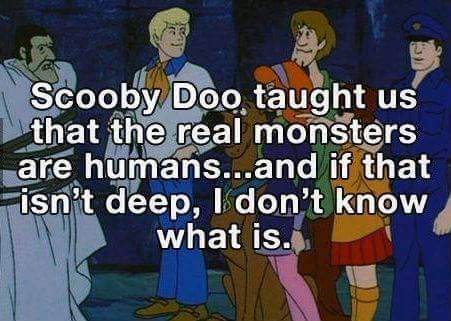
With these heavier themes being explored on television and in theaters, we have to confront society’s issues as well as our own. We all tend to want to brush our problems under the rug, but the thing is, everyone needs to remember these messages and lessons. Even though, for some of these lessons, others might “have to let [us] figure things out on [our] own” (Star vs. the Forces of Evil).
Everyone has to make their own mistakes, but it seems that, with the advice given in some of these cartoons, we might have a little help along the way.




